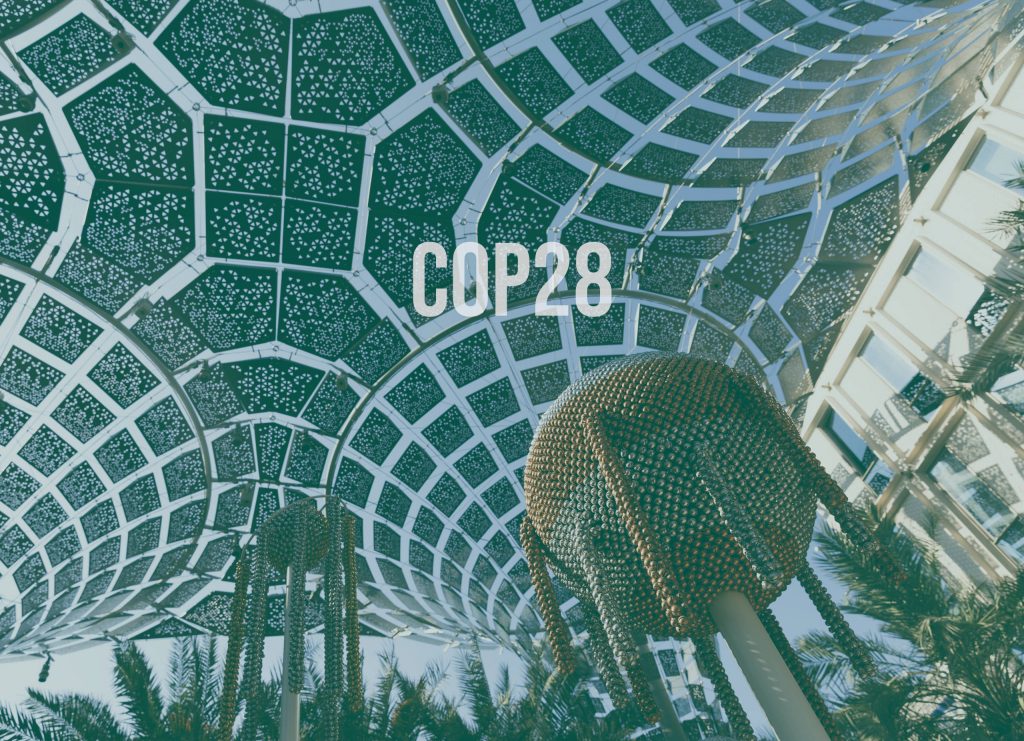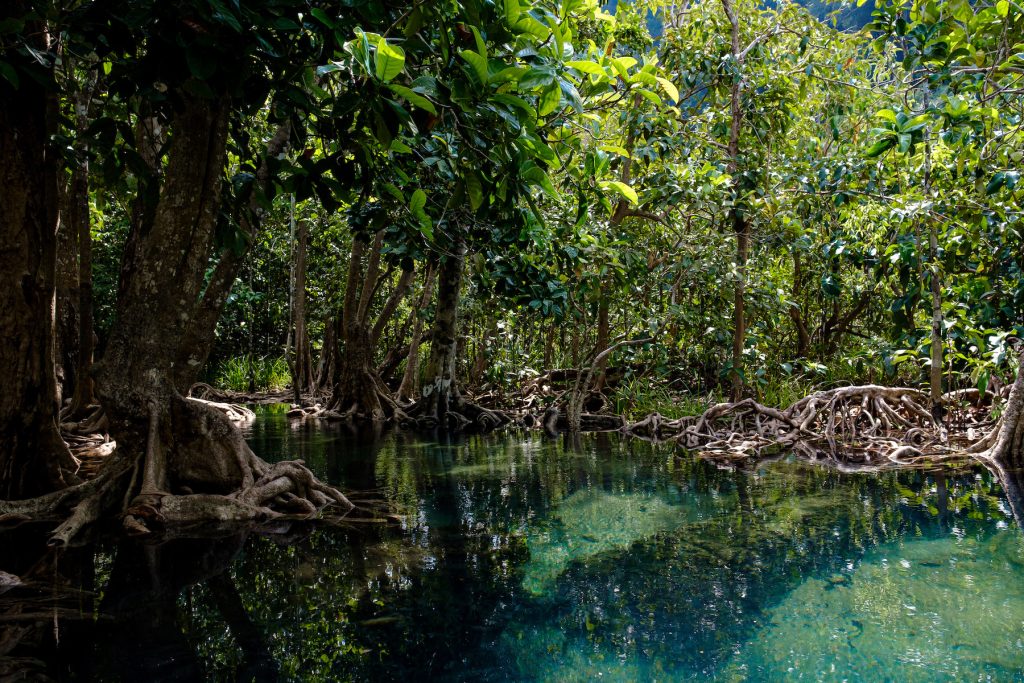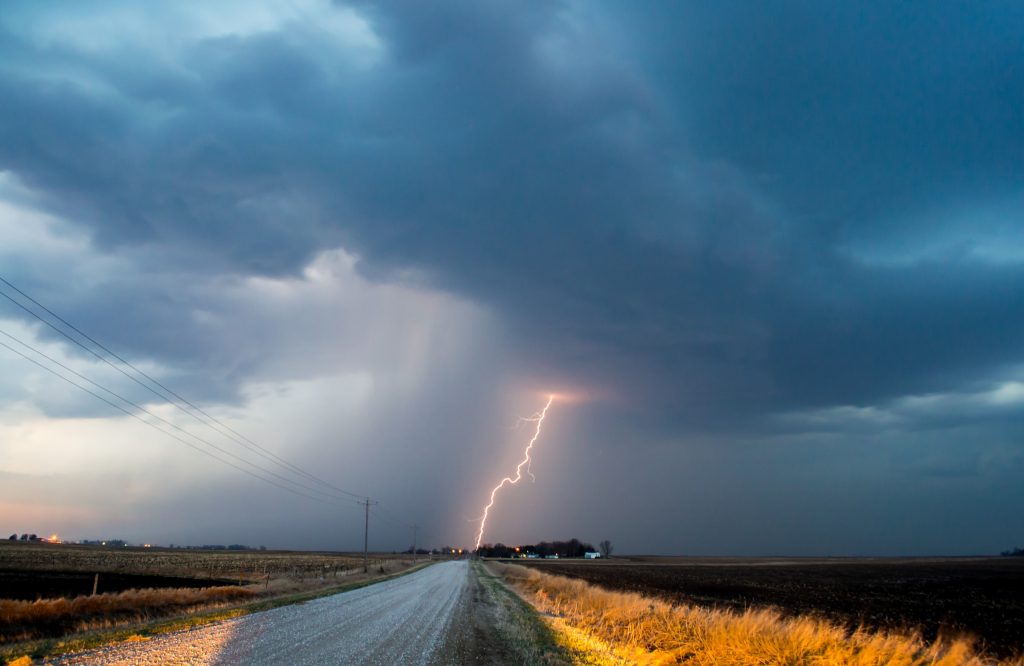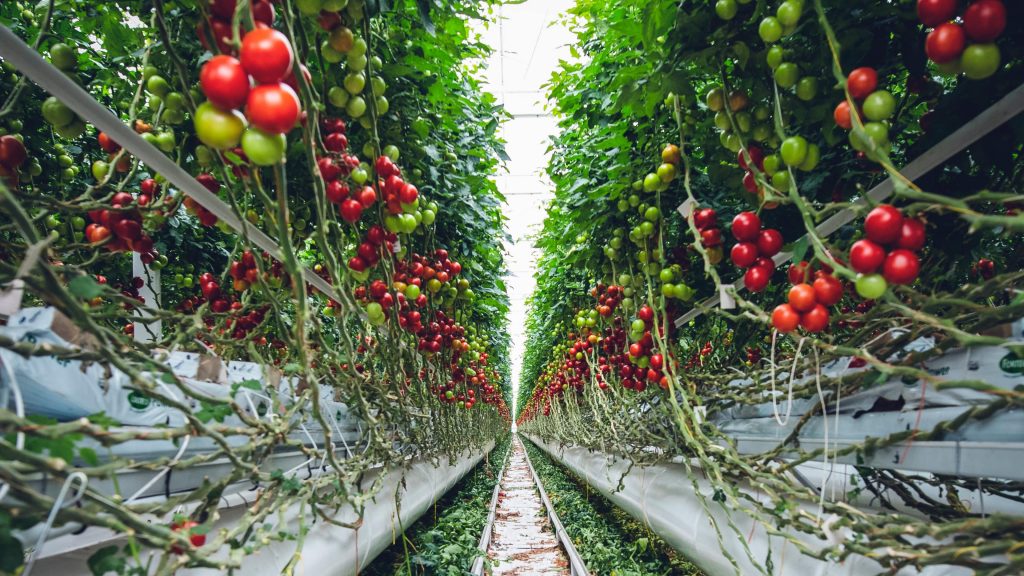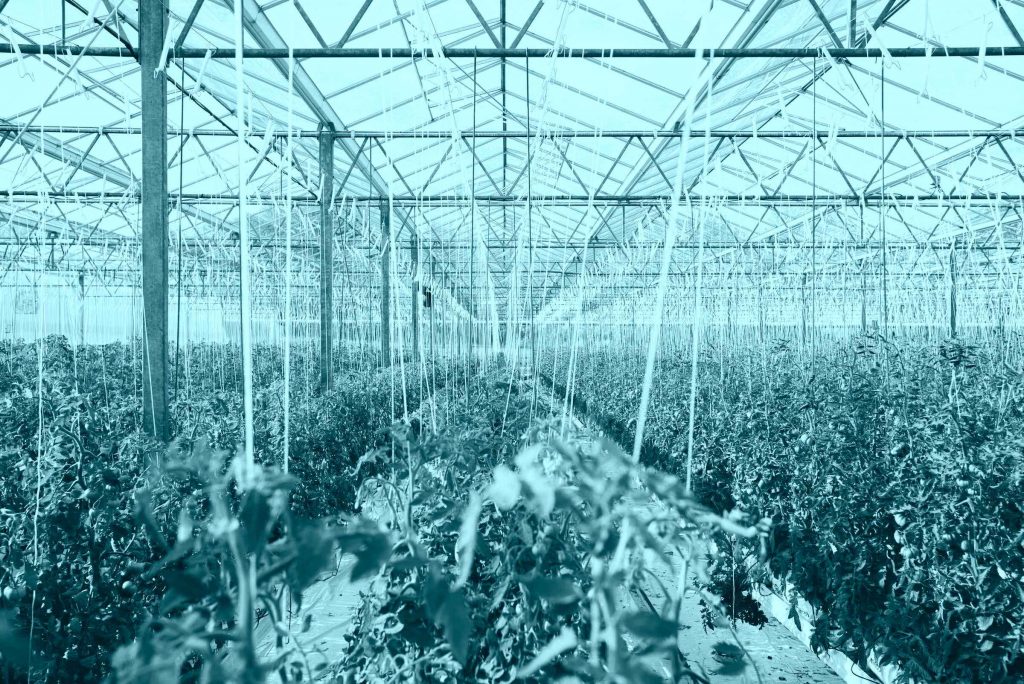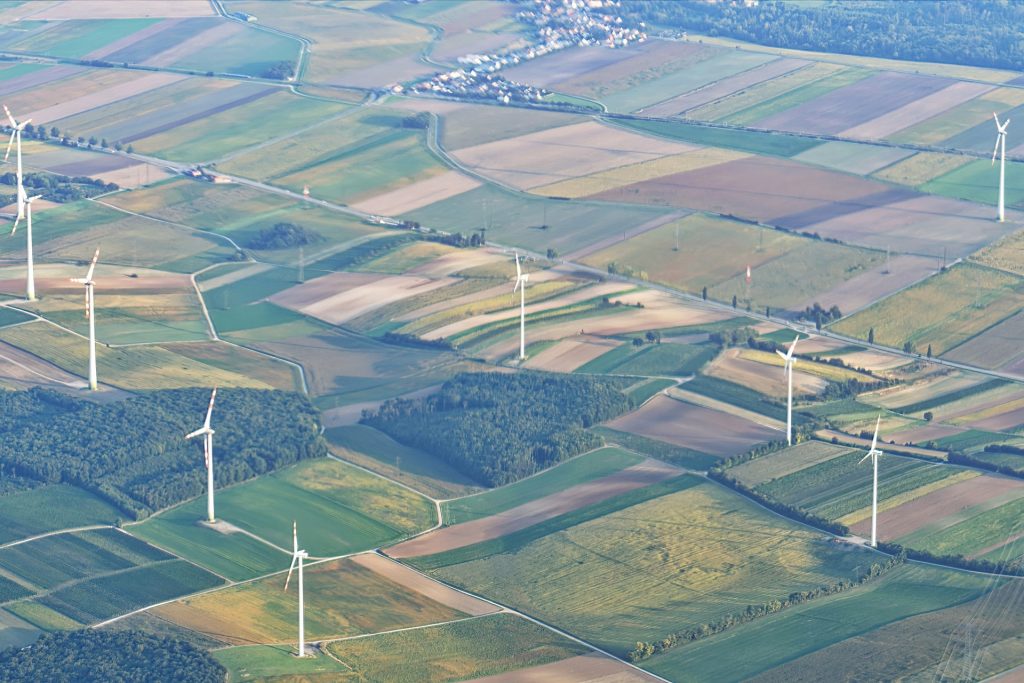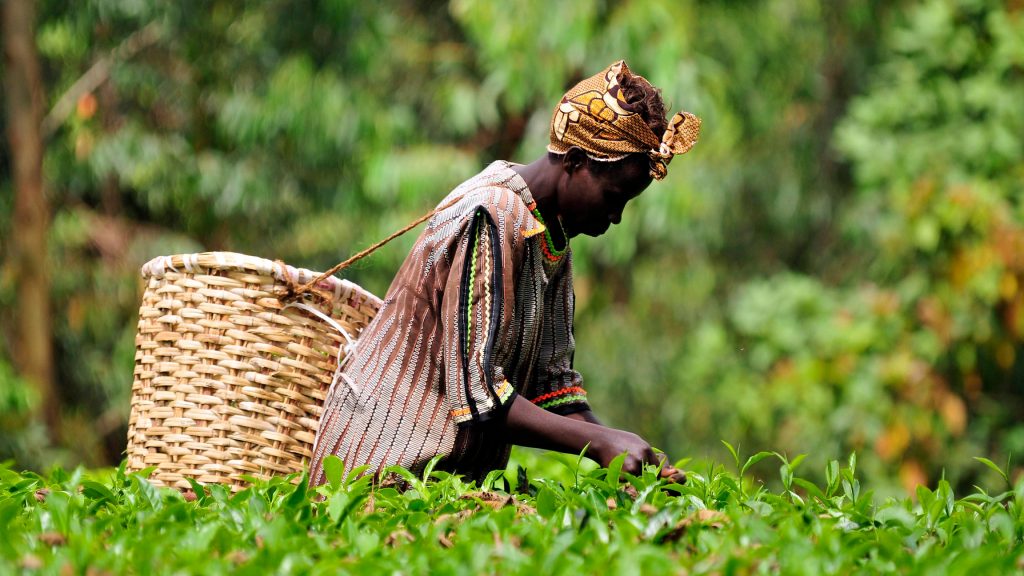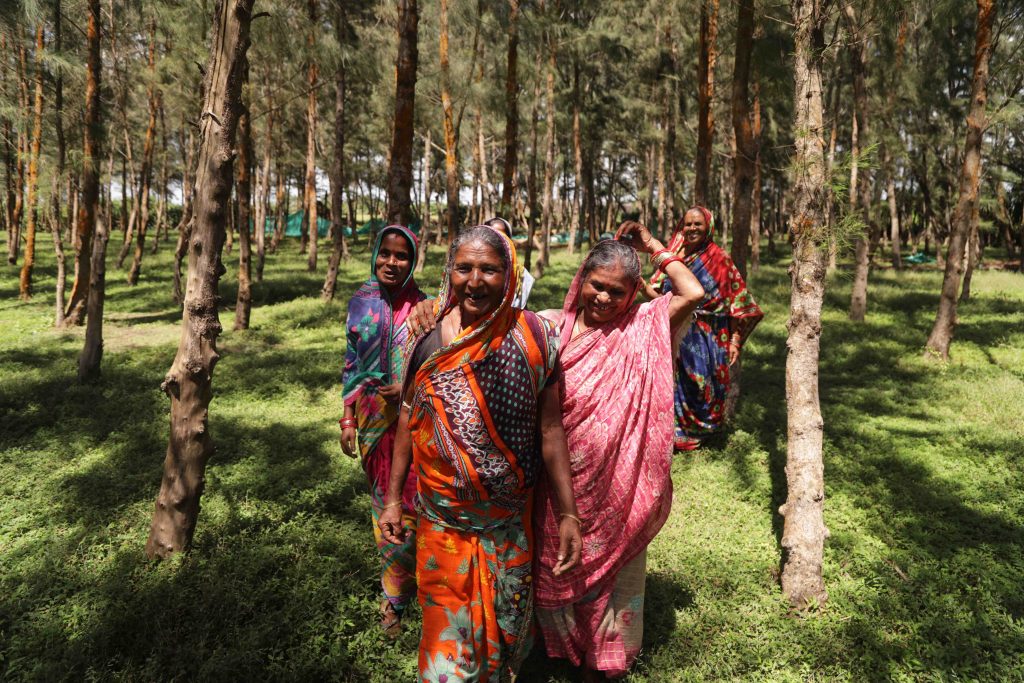
Telling stories of climate resilience
”It was clear that our narrative had to present climate change as a problem with solutions. That’s where the idea of humanising climate risks through stories of resilience came together.” Faces of Climate Resilience, the winner of the 2023 CMCC Award, is a compelling short-documentary series showcasing the voices of individuals in some of India’s most climate-vulnerable regions. In an interview with creative producer Milan George Jacob, we discuss storytelling as a tool for effective, people-focused climate communication.


